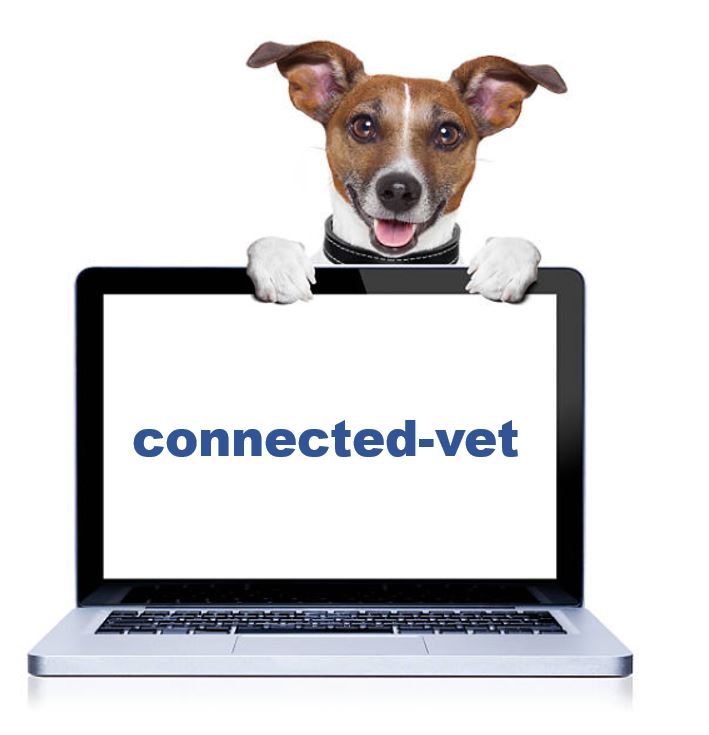The veterinary profession has been urged to move quickly to set guidelines for the appropriate use of AI in practice before it becomes fully established.
A new report by a major teleconsulting company has warned that more needs to be done to address mistrust of the technology to benefit professionals, patients and pet owners.
The RCVS has said it will look at AI as part of a wider review of regulation after its boss defended its handling of another technologically contentious subject.
But the white paper from VetCT argues that the issue has reached a critical point and the sector as a whole should be looking to make progress now.
‘Take ownership’
The report said: “There is no doubt AI can provide many solutions to improve the veterinary profession, to help ease workforce pressures, optimise care for animals, improve welfare and make pet and livestock ownership more sustainable.
“However, it is beholden on us as a profession to take ownership of this field with proactive and pre-emptive regulation.
“We do not want to find ourselves in a similar position to global governments attempting to regulate the unforeseen fallout from AI algorithms developed for social media platforms after the fact.”
The report, entitled “Artificial intelligence in veterinary practice”, sets out a range of areas in which VetCT argues that its use could be beneficial, including human medicine, small animal, farm and equine practice, as well as radiology and veterinary education.
But it cautioned that recent expressions of unease about the current trend of AI advances – particularly from leading figures in its development to date – demonstrated the need for the veterinary sector to be “proactive” on the subject.
‘Comprehensive’
The paper also includes the results of a survey carried out by the company, in which more than a third of respondents described themselves as having little understanding of the technology, while only 10% of participants claimed to have “comprehensive” knowledge of it.
Some respondents raised concerns about the possibility of AI usage leading to either a decline in veterinary skills or clients either trusting AI over veterinary professionals or bypassing human inputs altogether.
But others said they had already used the technology successfully and maintained it should complement – rather than replace – veterinary staff.
The report concluded: “To make AI work for the veterinary industry we need to foster trust and confidence in this technology through education and the application of reliable guardrails.
“Only then can we embrace the potential advances it offers to ensuring the health and advancement of all aspects of veterinary medicine and practice, and the people and animals we serve.”
BVA Live pleas
The call for action reflects pleas made by speakers at the BVA Live event in May for veterinary professionals to be part of the development of AI capabilities, but to engage with the issue in a “sceptical” manner.
Addressing its annual meeting on 7 July, RCVS chief executive Lizzie Lockett said a review of its regulation of new technologies would be among the main areas of work for the body in the coming year, as it nears the end of its current strategic plan.
A college spokesperson later confirmed to Vet Times that AI will be considered as part of that process, though no further details were disclosed.
But the college is no stranger to grappling with contentious technological questions, given the concerns about the potential role of telemedicine in veterinary care that were raised during the debate over its reforms of “under care” guidance.
And Miss Lockett used part of her speech at the event in Westminster to defend those changes, which are due to come into force from 1 September.
She said: “The new guidance represents a sensible approach that balances professional judgement with some principles-based checks and balances that should ensure that those who wish to embrace technology can do so safely.”
Source : https://www.vettimes.co.uk/news/ai-rules-vital-to-build-trust-new-report-warns/






